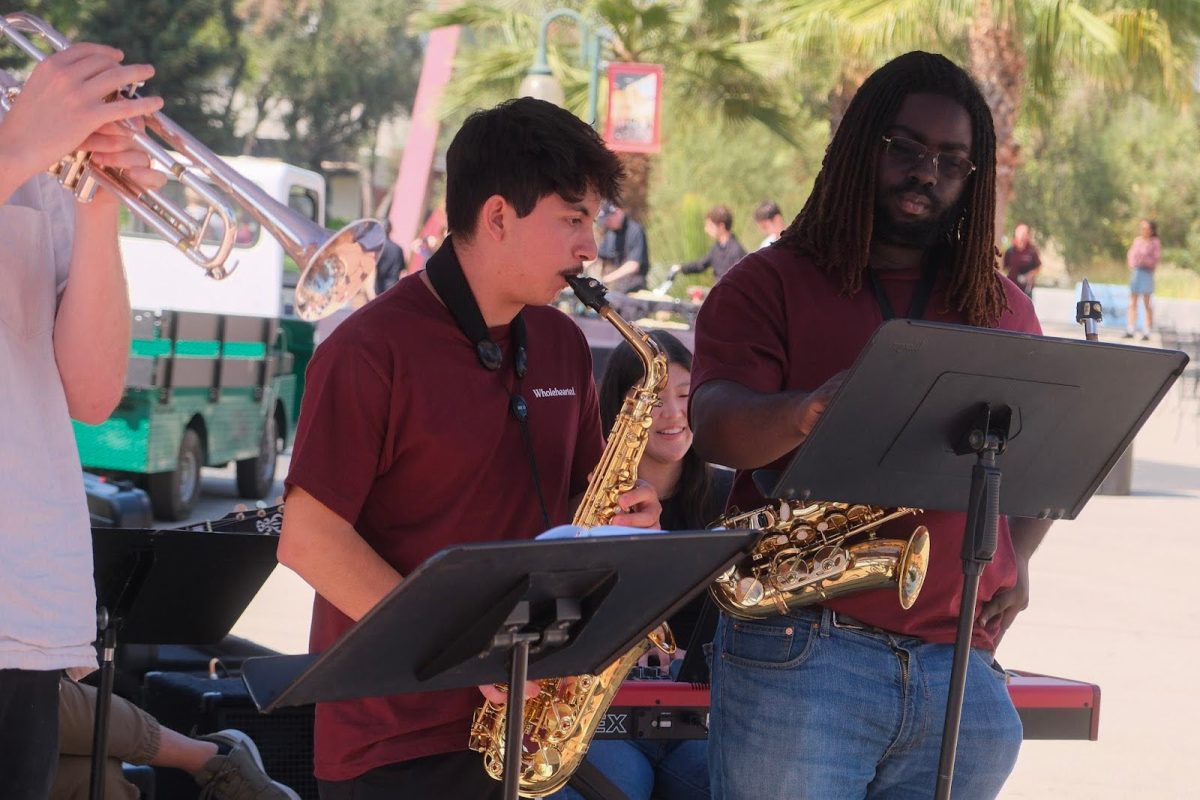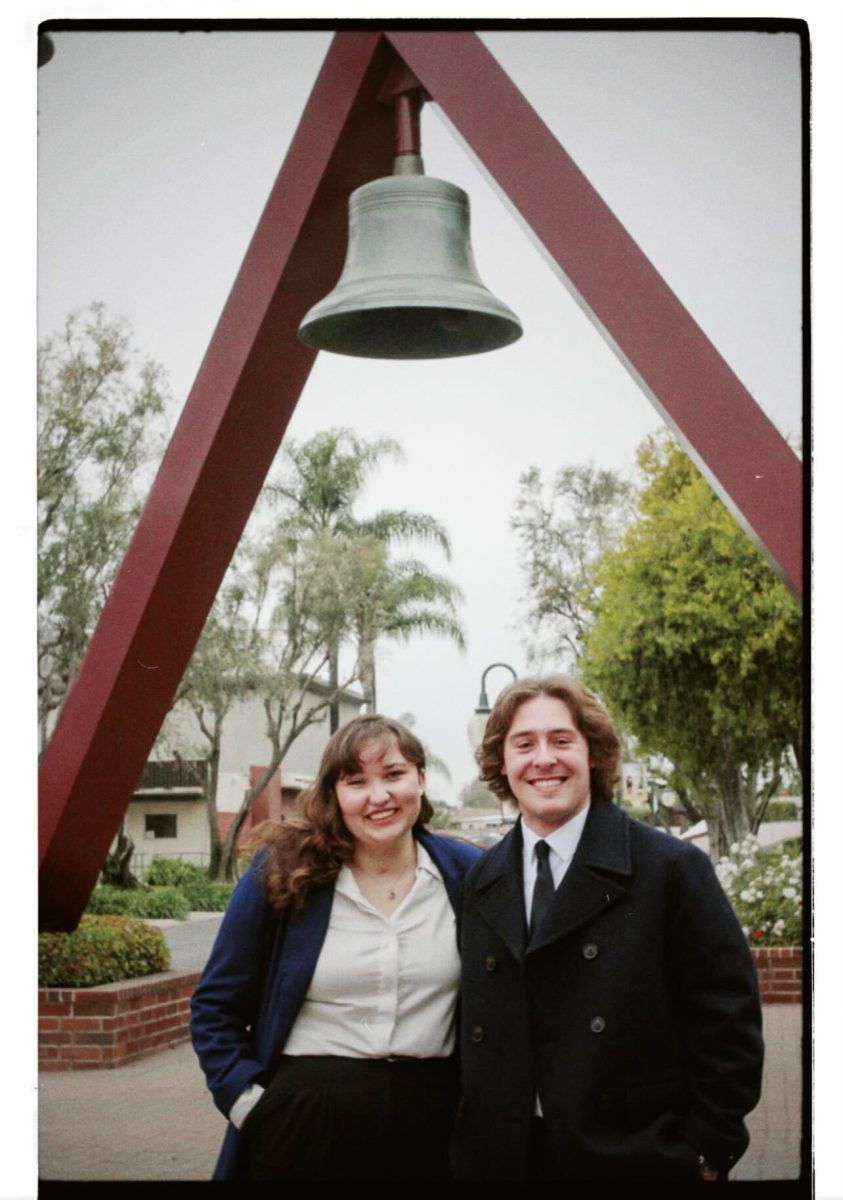On Nov. 15, Biola’s student-run club Breaking Chains hosted a documentary screening on the Dressember anti-human trafficking documentary, followed by a Q&A time with Senior Director of Partnerships and Programs Marissa Marx.
The Breaking Chains club exists to prevent human trafficking, defined as “the unlawful act of transporting or coercing people in order to benefit from their work or service, typically in the form of forced labor or sexual exploitation” (Oxford Dictionary). Students can follow the club on Instagram for updates on meeting times, locations and upcoming events.
DRESSEMBER DOCUMENTARY
CEO and founder Blythe Hill founded Breaking Chains in 2009 after her recreational experiment to document wearing a dress every day in December gained traction in college from friends. The Dressember movement strives to be “a community of international advocates utilizing fashion + creativity to help end human trafficking.”
The Dressember Documentary expounded on the backstory to the movement as well as how the funds have been used to help survivors enter into a holistic rehabilitation process which includes the initial rescue and subsequent time of healing. Dressember also provides survivors with resources for their future. Although Dressember generally prefers to vet and cooperate with programs that are already set up to help survivors, they also fill in gaps in the system through the Dressember Scholarship, which gives survivors funds to pursue a four-year degree, trade school or further education in any area of their interest. This helps those who have experienced human trafficking to get back on their feet and lessens the risk of re-trafficking.
QUESTION AND ANSWER TIME
During the question-and-answer time, Marx answered questions about the nature of modern day human trafficking and how Dressember vets anti-trafficking partner programs before explaining how students can become involved in the movement.
Rarely does the media portray trafficking in a realistic way, Marx said. She added that in her five years of working as director with Dressember, she has yet to come into contact with a person who was subjected to human trafficking through the classic kidnapping sinarios often portrayed. It’s almost always a family member or friend, Marx said. She added that modern-day child trafficking recruitment often takes place on platforms such as TikTok or gaming chats, which specifically target young boys.
Currently, Dressember partners with anti-trafficking programs such as A21, International Justice Mission and local-level harassment missions. Marx said that during Covid-19 lockdowns in 2020 and 2021, some partners reported difficulty in fulfilling their relief efforts and considerable re-trafficking occurred.
This year, Breaking Chains will participate as a group in the Dressember challenge. Students can join the group on the Dressember website, sign up as an individual participant or create their own team. After registering, participants commit to wearing either a dress or a tie for the month of December and gather sponsors to fundraise through social media and word of mouth.
















